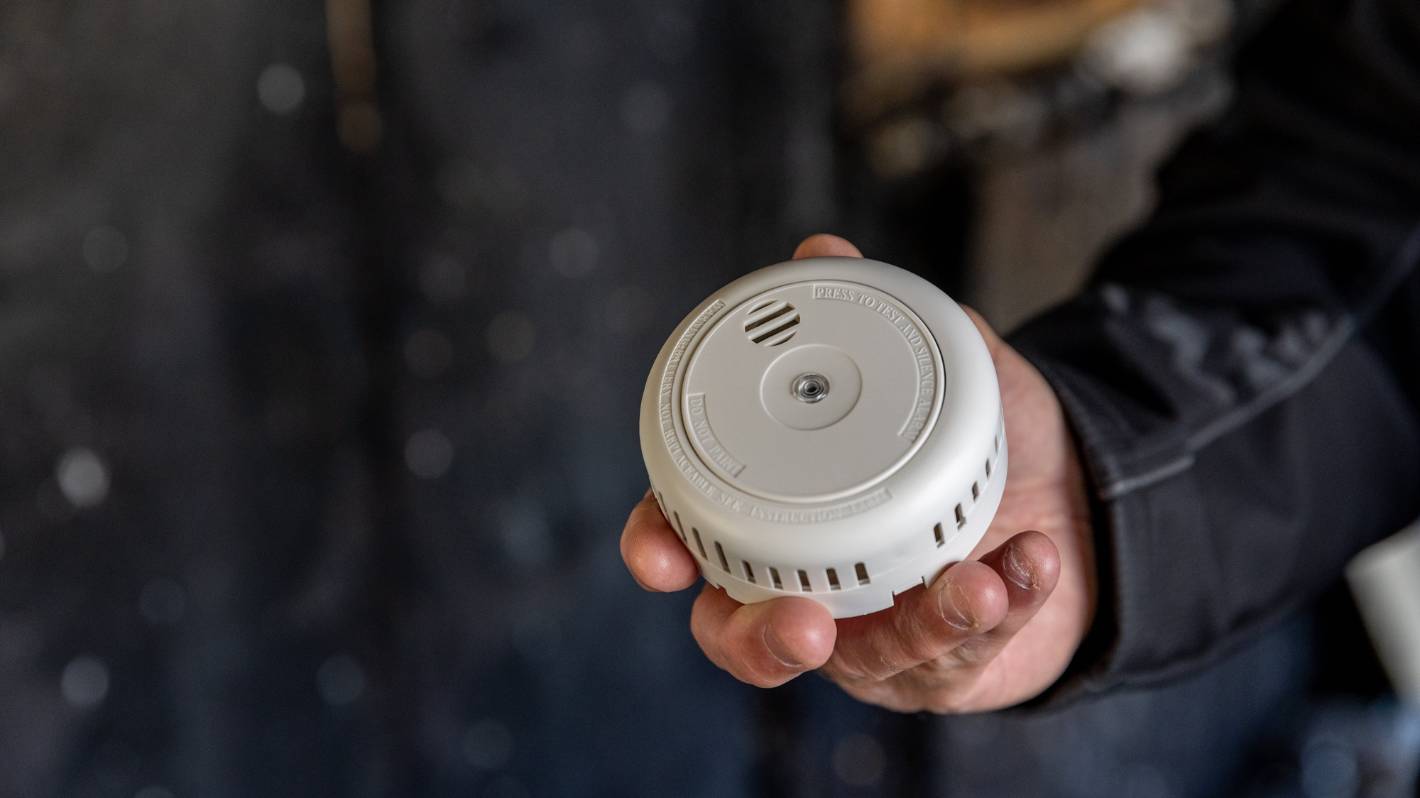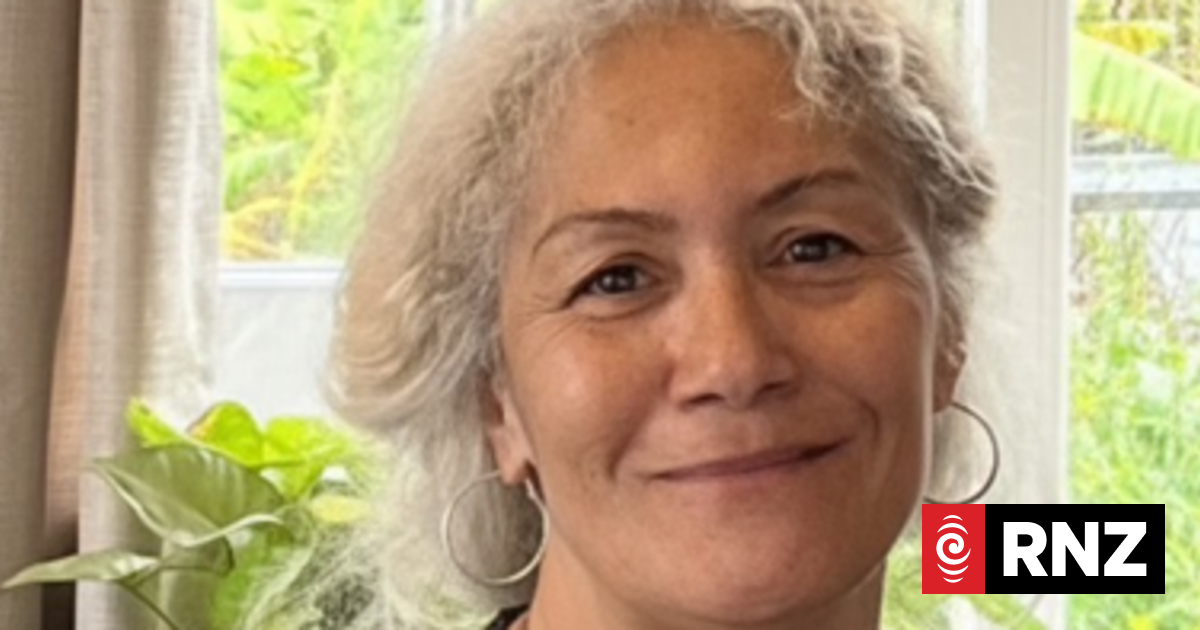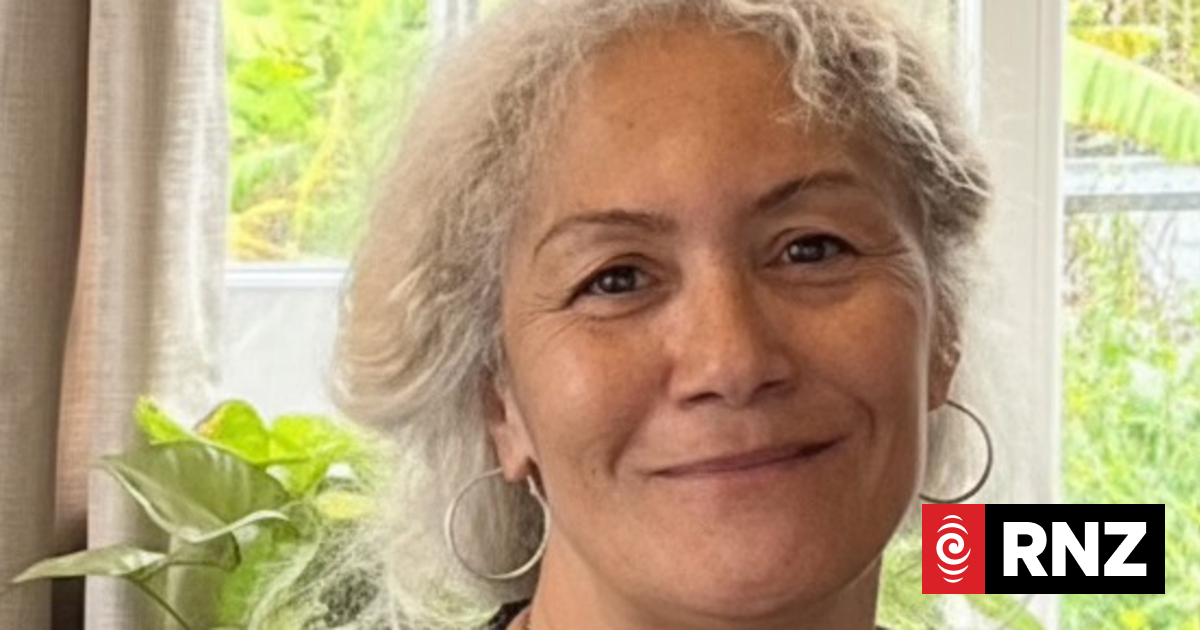Tom Lee/Stuff
Many people in Auckland and Northland are reporting their fire alarms going off randomly, sometimes in the middle of the night. (File photo)
Smoke alarms undoubtedly save lives – but many in New Zealand’s muggy north are finding them bleeping annoying.
People in Auckland and Northland, which are experiencing high levels of humidity due to an atmospheric river bringing hot, wet days to Aotearoa, are experiencing their alarms going off seemingly at random – sometimes in the middle of the night.
High humidity could be the culprit, as the devices have no way of distinguishing between light smoke particles and heavy moisture content.
False alarms can frequently occur once humidity reaches 85%, according to Australian smoke alarm manufacturer PSA Products.
READ MORE:
* How humid! Auckland is more moist than Singapore right now. What’s going on?
* Smoke alarms removed, seven people lucky to be alive from Hamilton fire
* Weather: Roads closed as heavy rain hits Northland, warning of more for both islands
Tauranga was experiencing 88% humidity, Hamilton 89%, Whangārei 92% and Auckland a whopping 95% on Thursday afternoon, according to MetService.
An unscientific Neighbourly poll in Northland and Auckland found 40% of respondents were having a problem with their smoke alarms going off at random, likely due to the high humidity.
Helen Loo from Auckland’s North Shore said her alarms went off at 2am.
“I don’t mind during the day but you get a hell of a fright in the middle of the night.
“Kept happening so much, had to remove [the alarm] from my room.”
Loo said the problem was solved by the fire department installing a more top-of-the-line smoke alarm for her.
RICKY WILSON/Stuff
There is no denying it is unseasonably humid, with Auckland reaching 95% humidity on Thursday afternoon. (File photo)
So what else can be done to stop an unwanted false alarm?
Fire and Emergency’s manager of community education and behaviour change Adrian Nacey said people should be vacuuming their smoke alarms regularly to remove dust or insects.
“We recommend that people clean and test their smoke alarms regularly, about once a month.
“While this may not stop this problem completely, it will help to reduce the number of false alarms.”
Smoke alarms with a 9V battery should have the battery replaced once a year and the actual device needs to be replaced once a decade, Fire and Emergency recommends.
TOM LEE/STUFF
Smoke alarms had been removed by tenants in a unit that was destroyed by fire last week. (Video first published July 2022)
Smoke alarms should not be placed in the kitchen or bathroom due to steam, but heat alarms could be used instead.
PSA Products recommends people having trouble with their smoke alarm going off due to humidity use a hair dryer to remove any water particles.
To help reduce the humidity in your home, it recommends circulating the air with a ceiling fan and the windows open, closing the windows when it is high humidity outside and using an air conditioner or dehumidifier.
Other tips include using ventilation when cooking or showering, reducing the number of houseplants inside and drying laundry outside.
While false alarms can be annoying, Nacey said people should not be tempted to remove or disable their smoke alarm if they are having trouble.
“Smoke alarms are vital piece of safety equipment for you and your whānau,” she said.
“They will help to ensure you get an early warning of a fire or smoke in your home.
“Humans lose their sense of smell while sleeping, therefore a smoke alarm will help to wake you in the event of a fire and help you to escape.”
Nacey said while the weather maybe humid now for some, winter tends to be when more unwanted fires occur in people’s homes, caused by heating, electric blankets, clothes dryers and chimneys.
She recommended all homes do a winter fire safety check.




